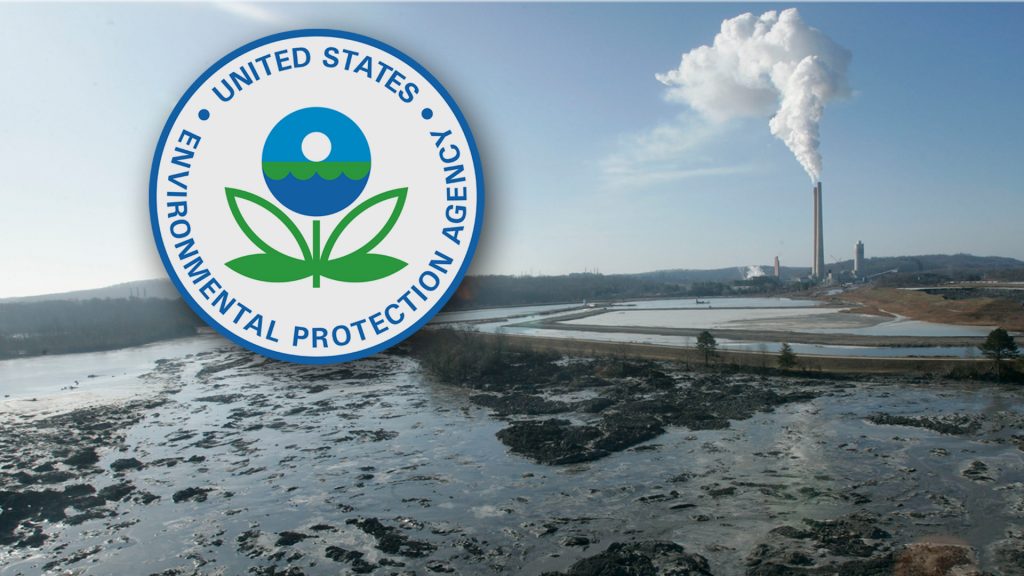Changes to the EPA under the Trump administration
By Graham Alabdulla, Staff Writer
The Environmental Protection Agency (EPA) was officially established in 1970 by America’s then-leader, President Nixon. The EPA’s Administrator is appointed by the president. This agency was formed to protect human health and the environment through regulations. Notable legislation enacted by the EPA includes the Clean Air Act (CAA) in 1970 and subsequent Clean Water Act (CWA) in 1972. About half a century later, the EPA may undergo significant changes by the forty-fifth leader in America’s history, President Trump.
President Trump advocated for the federal government to decrease its involvement with domestic industries, most notably oil and gas, during his campaign. After winning the presidential election, he nominated Oklahoma’s attorney general, Scott Pruitt, as the head of the EPA. Pruitt has previously sued the EPA (individually and with other parties) on fourteen different occasions, focusing on its involvement in the regulation of oil and gas which is intended to protect the air and water.
Pruitt, like other members of Trump’s cabinet, has expressed willingness to accept that humans have impacted the environment to some extent, but has not directly said that humans are the main contributors to climate change.
Trump has also expressed his intention to reduce the power of current initiatives of the EPA including the CAA, and CWA. In January, he instructed the EPA officials to temporarily freeze all grants and contracts.
If President Trump and his cabinet achieve the proposed changes to the EPA, there will be greater economic freedom and profits for companies extracting oil and gas, but it remains to be seen whether these benefits outweigh the negative effects of the pollution from these industries.
Overall, President Trump has the power to significantly impact the EPA and our energy policy through budget cuts, executive orders and changing how scientists within the EPA use foreign data from organizations such as the Intergovernmental Panel on Climate Change (IPCC) to determine the link between human activity and climate change.

